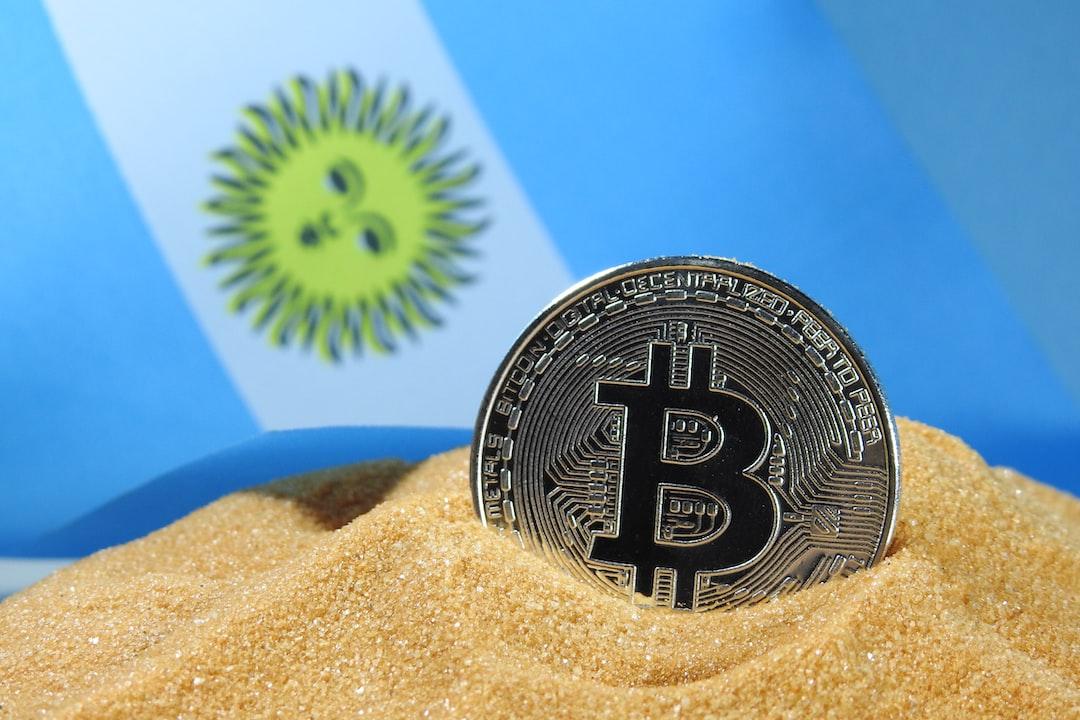Coin World Report:
Developers reign supreme! The rise of all WEB3 public chains ultimately stems from their ability to attract numerous developers to join their ecosystems. However, the proportion of WEB3 developers is only about 0.08%, and WEB3 development languages such as Solidity, Cairo, and Move are considered niche languages that cannot even enter the top 30 of the Github 2023 language repository.
Ligo Network, based on the paradigmatic application of AI-GAMEFI/AI-Dapps, focuses on building Python/Mojo game & AI-specific language libraries, incorporating Astar parallel computing. This enables the rapid development of Web3 products with zero barriers for developers and zero-code IDE, facilitating the creation of high-performance public chains capable of supporting massive user traffic.
After three years of technological evolution, the Ligo Network platform has progressed from developing the Lua high-performance virtual machine in 2023-2024 to the Python virtual machine cluster in 2024-2025, and finally to the Mojo virtual machine cluster in 2025-2026. The Ligo Network team has actively promoted deep integration between the Ligo ecosystem developer community and the Mojo developer community. Mojo, as the evolutionary language of AI, truly enables developers to seamlessly transition from Web2 to Web3, ultimately creating a unified global community of AI+Web3 developers and facilitating large-scale industry applications with billions of users.
The Mojo community is led by Chris Lattner, the founder of TensorFlow and Swift, who highly praised LIGO’s cutting-edge technological roadmap, recognizing its breakthrough significance in the fields of blockchain, AI, and Web3. The detailed plan for the three-year development roadmap of Ligo Network from 2024 to 2026 is shown in the figure below. The first phase has already achieved the launch of the mainnet, the second phase is currently being implemented, and the product plan for the third phase has been finalized.

Jointly formulated and implemented by the a*Star High-Performance Computing Institute of Singapore and the LIGO NETWORK technical team – 09/2024
Ligo Network’s success has also gained high recognition from Silicon Valley. The project has been selected for investment and incubation by FinAccelerate, a top-tier fintech incubator in Silicon Valley. With this support, Ligo Network will receive assistance from North American resources, accelerating its development in the global AI and Web3 ecosystem.
Design Philosophy of Ligo Network:
Ligo Network is based on the following principles:
Decentralization: Abandoning reliance on centralized servers to ensure protocol transparency and security.
AI High-Performance Virtual Machine: Upgrading the AI language virtual machine cluster within 2 years, from Lua to Python and then to Mojo. In 2024, the Lua mainnet was launched, making it the Layer2 public chain with the highest TPS in the Bitcoin ecosystem.
Maintaining System Openness: Supporting future protocol extensions and reducing the participation barriers for users and developers through a low-threshold developer LLM framework, achieving Zero-Code IDE.
Expansion of Technical Architecture and Consensus Mechanism:
Ligo Network adopts innovative BVM (Bitcoin Virtual Machine) and RPPOM consensus algorithm, supporting efficient decentralized computing and large-scale transactions.
AI High-Performance Virtual Machine Language Cluster Evolution: Compared to the parallel execution EVM based on the Solidity language, Lua, Python, and Mojo are more efficient in terms of computational performance and memory handling. They are also natural languages for AI application development, meeting the needs of future AI and Web3 applications.
Parallel Computing Support: BVM supports parallel execution, improving processing efficiency and achieving high-frequency transaction capabilities of 10,000-30,000 TPS, becoming a performance-leading Layer2 public chain.
Smart Contract Support: Executing complex contracts through the virtual machine to achieve Ethereum-like computing capabilities, laying the foundation for cross-chain and multi-chain applications and promoting the prosperity of the ecosystem.
RPPOM Consensus Algorithm: RPPOM (Random Pool Proof of Multi-properties) is an innovative proof-of-stake mechanism that enhances network security and decentralization. For specific technical details, please refer to the whitepaper.
Through innovative technological architecture, Ligo Network provides decentralized, secure, and efficient solutions for high-performance AI public chains. The continuous evolution of its AI virtual machine and robust governance mechanism ensures that both developers and users can fully participate and benefit from this ecosystem.
Official Social Media:
Website: ligo.network
Twitter: x.com/ligobtc
Telegram: t.me/igobtc

